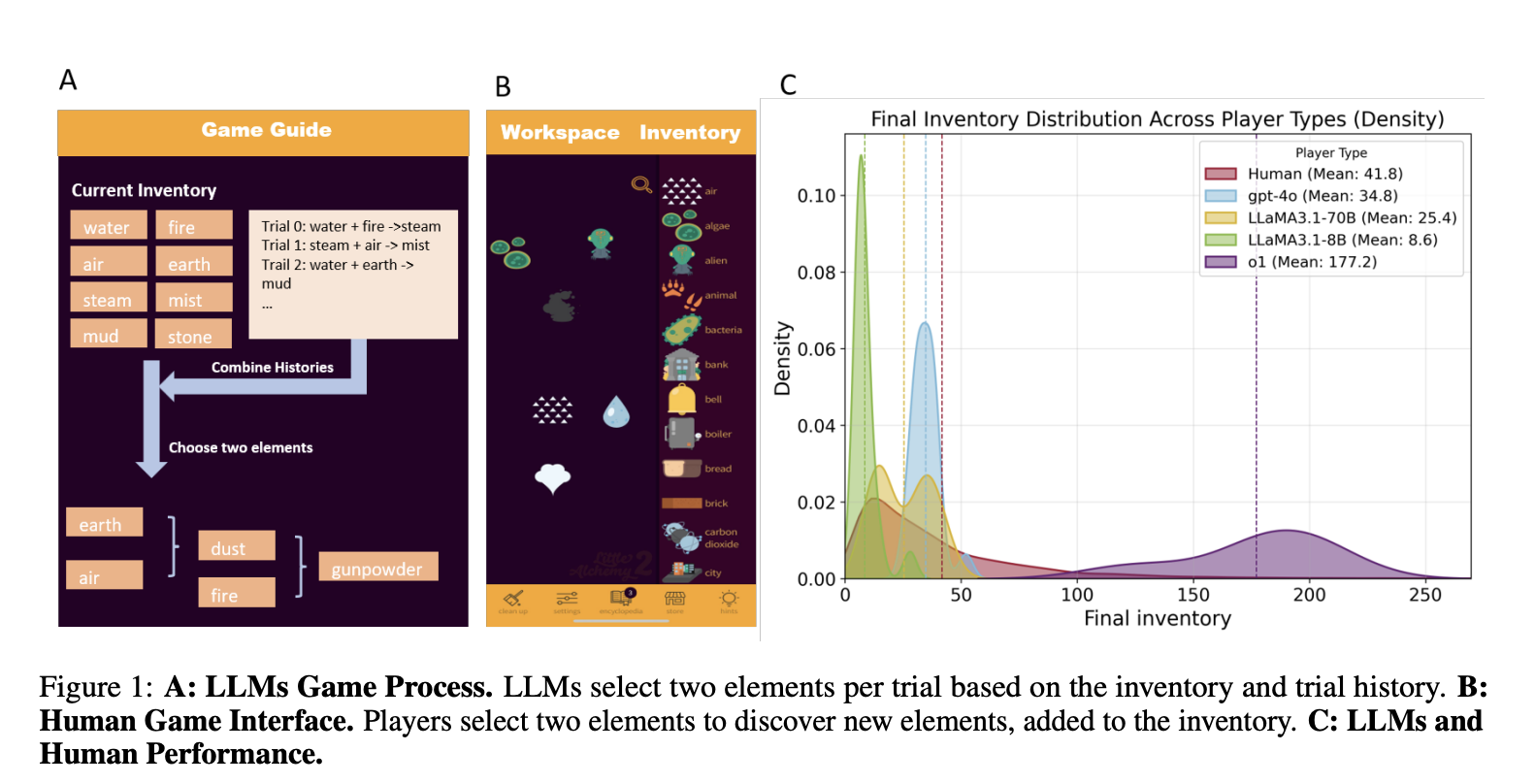
Understanding LLMs and Exploration
Large Language Models (LLMs) have shown remarkable abilities in generating and predicting text, advancing the field of artificial intelligence. However, their exploratory capabilities—the ability to seek new information and adapt to new situations—have not been thoroughly evaluated. Exploration is crucial for long-term adaptability, as it allows AI to learn and grow beyond immediate rewards.
Exploration Strategies
In research, exploration strategies are typically divided into three categories:
- Random Exploration: This adds variability to actions, leading to unexpected discoveries.
- Uncertainty-Driven Exploration: This focuses on actions with uncertain outcomes to improve decision-making.
- Empowerment: This maximizes future possibilities rather than just aiming for specific rewards.
While some studies indicate that LLMs have limited exploration capabilities, many focus only on narrow tasks, missing broader exploration strategies.
Research Insights from Georgia Tech
Researchers at Georgia Tech investigated whether LLMs could outperform humans in open-ended exploration using the game Little Alchemy 2, where players combine elements to create new ones. The findings showed:
- Most LLMs performed worse than humans, except for the o1 model.
- LLMs mainly used uncertainty-driven strategies, unlike humans who balanced uncertainty and empowerment.
Study Results
The study analyzed data from over 29,000 human players and tested four LLMs. Key results included:
- The o1 model discovered 177 elements, significantly more than humans’ 42 elements.
- Larger models like LLaMA3.1-70B showed better performance than smaller ones.
- Exploration became more challenging over time, favoring empowerment strategies.
Conclusions and Future Directions
The study concludes that most LLMs depend on uncertainty-driven strategies, which may lead to short-term gains but hinder long-term adaptability. Only the o1 model effectively balances uncertainty and empowerment. Insights revealed that:
- Uncertainty is processed earlier in LLMs than empowerment, leading to premature decisions.
- Current LLM architectures limit exploration capacity.
Future research should focus on enhancing LLMs’ exploratory capabilities through improved architecture and explicit exploratory objectives.
How AI Can Transform Your Business
To stay competitive and leverage the insights from exploration challenges in LLMs, consider the following practical steps:
- Identify Automation Opportunities: Find key customer interaction points that could benefit from AI.
- Define KPIs: Ensure your AI initiatives have measurable impacts on business outcomes.
- Select an AI Solution: Choose tools that meet your needs and allow customization.
- Implement Gradually: Start small, gather data, and expand AI use thoughtfully.
For expert advice on AI KPI management, connect with us at hello@itinai.com. For ongoing insights, follow us on Telegram at t.me/itinainews or on Twitter at @itinaicom.
Stay Informed
Check out the research paper for more details. All credit goes to the researchers involved. Don’t forget to follow us on Twitter, join our Telegram Channel, and be part of our LinkedIn Group. Also, join our 70k+ ML SubReddit for more discussions.



























